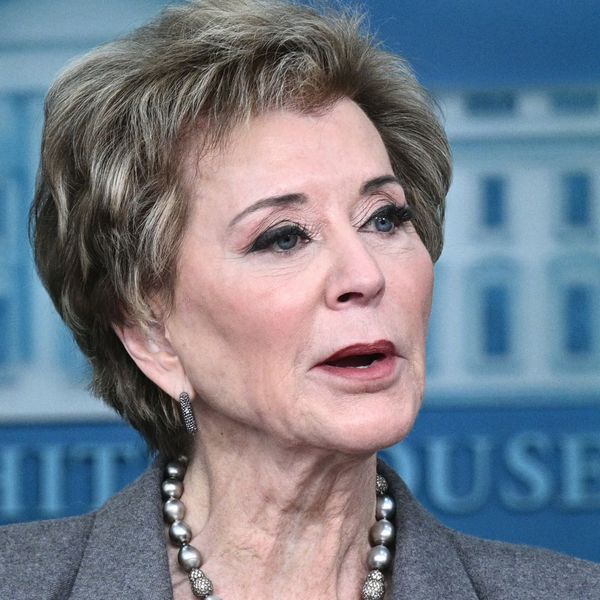A lot of folks are running around making a big point of the fact that Larry Kudlow, Trump's new head of the National Economic Council, has gotten a lot of things about the economy wrong, and in particular missed the coming of the Great Recession. For example, here's Dana Milbank's column in the Washington Post this morning.
While Kudlow has gotten a lot of things wrong and completely missed the housing bubble and the implications its collapse would have for the economy, he was hardly alone in this category. Just about the whole economics profession was there along with Kudlow, even if they may not have been quite as outspoken in their optimism.
In January of 2008 the Congressional Budget Office, which consciously tries to place itself in the center of professional opinion, projected 1.7 percent economic growth for 2008 and 2.8 percent for 2009. Even a year later, Christina Romer and my friend Jared Bernstein hugely underestimated the severity of the recession in their report outlining President Obama' stimulus package.
The commentary of the time is full of great lines from distinguished economists. My favorite was when then Federal Reserve Chair Ben Bernanke said that the problems in financial markets will be restricted to the subprime market. After Bear Stearns went under he also famously commented that he didn't see another Bear Stearns out there. It subsequently turned out that there were nothing but Bear Stearns out there, as virtually the whole banking system faced collapse as trillions of dollars of mortgage debt went bad.
I could go on, but the point is that Kudlow was hardly alone in his mistake here. I spent years being derided by many of the country's leading economists for suggesting that there was a housing bubble and its collapse could sink the economy. So yes Kudlow really blew it, but so did pretty much the whole economics profession. (Fortunately for economists, economics is not a profession where people are evaluated based on their performance.)
To Kudlow's credit, he was at least prepared to allow people like me, who warned of the bubble, appear on his show. That was not the case with Mr. Milbank's paper, The Washington Post, which pretty much excluded anyone warning of the bubble until after it burst. (The Post was busy hyping fears about the budget deficit.)



